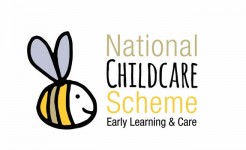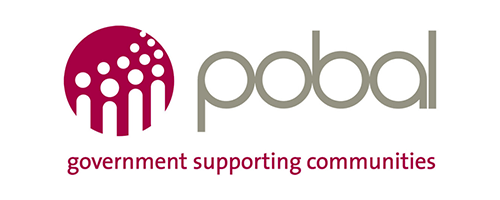The NCS Policy Guidelines have been updated to reflect the Budget 2024 subsidy increase that came into effect on 2 September 2024. In addition to those changes, some changes have been made in the text to clarify existing rules for providers and parents.
The key changes made in this version include:
- Budget 2014 updates were made throughout, changing the universal subsidy rate and the minimum NCS subsidy from €1.50 to €2.14, effective 2 September 2024.
- Backdating: updated language has been added throughout to make it explicit that the point at which the provider registers the CHICK and hours agreed is the point from which the NCS subsidy can start to be claimed. There is no backdating, so if for example, a parent receives a CHICK, but waits several weeks to bring it to the provider to be added to the HIVE system, the subsidy will only be paid from the point the registration is made and the weeks before this will not be subsidised.
- Confirming claims: additional text has been added throughout reminding parents that once the provider registers the CHICK and hours on the HIVE, the parent must confirm the registration details on the parent portal in order for the subsidy payments to flow to providers.
- Text was added in various places to emphasise that NCS subsidised hours can only be claimed for the hours outside of the hours the child attends ECCE or school.
- Text has been added throughout noting that hours claimed cannot exceed the operating hours of the service and the service must be open and available to provide childcare to the child for the hours claimed.
- Section 4.5 (2) Sudden Change Assessment.
An applicant can apply for a sudden change assessment where they declare that they have had an ongoing change in their income. This applies to people who have lost a job or had a reduction in their income for an indefinite duration. The assessment is based on the four weeks prior to application and extrapolated out to a full year.
Text was inserted advising applicants to note that any once-off income they received in the previous 4 week period, for example a once off social welfare bonus week, would also be extrapolated to a full year and would negatively affect their award.
- Section 5.1:
Text was added to advise that if an applicant applies for an income assessed award, but they are over the income threshold and are awarded standard hours (20 hours) because they are not in work/study, then it may be more advantageous to apply for a universal award as the universal subsidy is the same rate (€2.14) but can be awarded to a maximum of 45 hours.
- Section 6.1:
Text has been included to clarify the existing position that an individual provider (particularly relevant in the case of childminders and sole traders) cannot claim NCS in relation to providing care for their own child.
- Section 7.2: unconfirmed claims
A process for closing unconfirmed claims is currently being agreed. Text has been added as a placeholder stating the Scheme Administrator may establish an administrative process to cancel closed unconfirmed claims.
- Section 8.3.2: underattendance
Text was added in relation to occasional underattendance to clarify that the subsidy is not affected by a child occasionally being sick, on holiday, collected early etc.
- Section 9.1: fees
The following text was added to reference core funding fee obligations for those providers who are a partner service:
Certain restrictions apply to the setting of fees for service providers who are part of the Core Funding programme. Details can be found in the Core Funding Partner Service Funding Agreement.
- Chapter 14 Sponsor Referrals
Sections 14.3 referral process and 14.5 referral pathway: text has been rewritten to include the new Sponsor online referral portal which is being piloted with a number of sponsor bodies. The offline referral process which is currently in place will remain.
- Appendix 2: Acceptable Offline Proofs
This appendix outlines the various types of proofs required when making an offline NCS applications.
Invitations for the NCS refresher have already been sent for the week of September 23rd. During these webinars, we will provide a refresher on NCS, highlighting key updates to policy guidelines.



